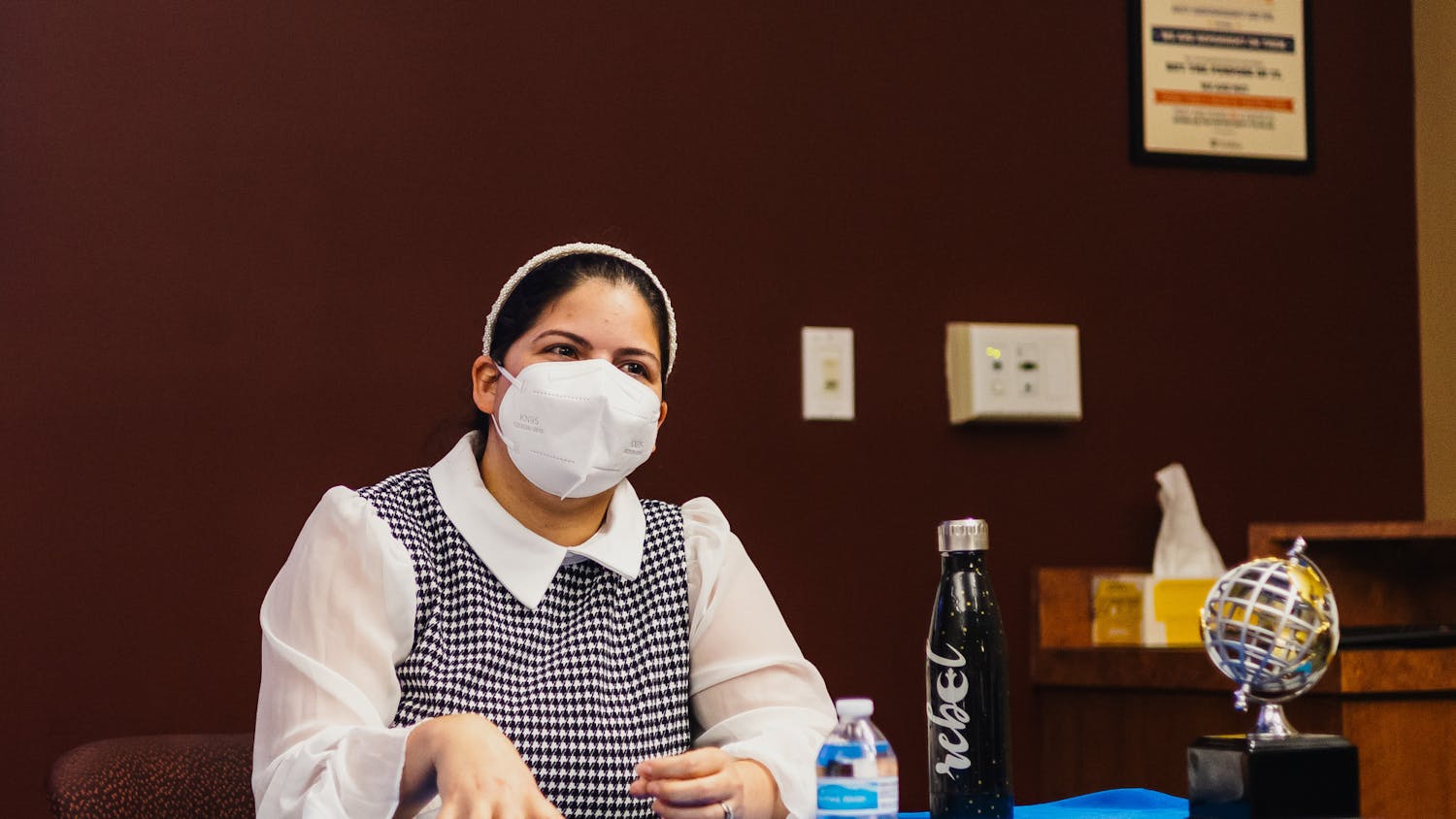When I tell people I spent the summer in Tanzania learning Swahili, it usually elicits a degree of confusion. “Is that a click language?” “How does one learn Swahili?” “Why would you waste your time learning a language no one speaks?” “Who speaks Swahili?” “Is Swahili even a language?”
Without condemnation, I want to assert that one of the cornerstones of the historical pillaging of Africa, both physically and intellectually, has been the base assertion that Africans are descended from beasts without language.
However starkly this thesis might come off, let me cite an inscription from a 1757 map of the kingdoms of Congo, Angola and Benguela made by Jacques-Nicolas Bellin, the cartographer to the king of France. The inscription (translated from the French) reads: “Savages, said to be incapable of using speech and language.”
The cartography is stunning both in its artistry and in the fact the coast of Africa is so accurately sketched in an era well before modern technology. But the desires for empire and the dehumanization of a whole continent embodied in the map give pause and are fundamentally upsetting.
Flash forward to 1899, when Joseph Conrad’s famous novella “Heart of Darkness” described the language of the inhabitants of the Congo as “strings of amazing words that resembled no sounds of human language; and the deep murmurs of the crowd, interrupted suddenly, were like the responses of some satanic litany.”
The two statements in question are not random or aberrant instances of racism and linguistic ignorance; rather, they embody a whole structure of thought that dismisses Africa as a wasteland and misrepresents its righteous linguistic traditions as mere babbling. I believe furthermore that this pervades the present, in which many Westerners are convinced Africa is a country whose inhabitants speak a “dialect” called “African.”
The misconceptions addressed hitherto merit discussion, so we might better understand the rich linguistic context of Africa.
The African continent exhibits a stunning range of linguistic diversity, containing many dissimilar language families that themselves encompass hundreds of languages. In total, there exist some 2,000 distinct languages in Africa.
With regards to the term “dialect,” it is to be noted that a dialect is simply one way of speaking a particular language, like the Southern dialect of English that I speak. Anyone who speaks a “dialect,” then, as a natural consequence also speaks a language. Historically, languages have been referred to as “dialects” because the term is diminutive, but it is ultimately flawed and inaccurate.
Not only are the languages of Africa fully developed as languages per se, but their sound systems, notably those of the Southern part of the continent (alleged by Bellin to be incapable of language) are among the most complex of all human languages, which brings me back to the so-called “click consonants.”
There is nothing magical or exceptional about the “clicks” that appear in plenty of human languages, including English. They are merely consonant sounds made without air flowing from the lungs; instead, the tongue condenses air rapidly, having made contact with a certain point of the mouth.
We all make one click sound in English, usually to express contempt or disgust. It is the dental click written “tsk!” In Xhosa, a national language of South Africa, the same sound is represented by the letter <c> in the verb ‘ukucula,’ ‘to sing.’ Another click sound is the one we make to call horses — pulling the tongue straight down — written <x>, as in the Zulu word for frog, ‘ixoxo.’ Other clicks can be made by pulling the lips apart rapidly or pulling the tongue down to make a “popping” sound. Needless to say, these sounds have the same status as phonemes such as /s/ or /g/ in English and are not noteworthy or exceptional but, rather, just features of the sound systems of a minority of African languages.
All of this is to say Africa resembles the rest of the world in that its denizens use language, often up to seven distinct languages, as a means of reconstructing their reality and marking their identity. The languages of the collective homeland of humanity represent a set of collective mother tongues worthy of our respect and admiration.
Jordan MacKenzie is a second-year UF linguistics master’s student. His column appears on Wednesdays.




